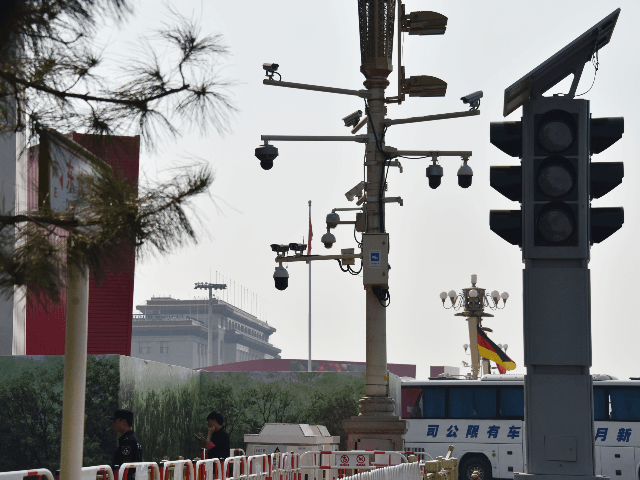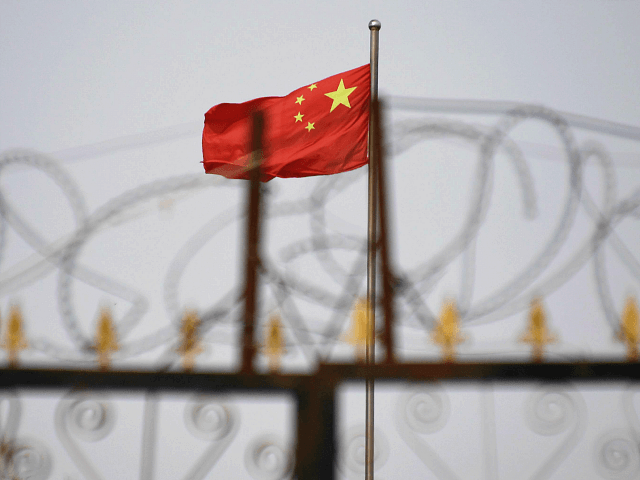University of Maryland (UMD) professor Dinesh Manocha, a decorated scholar in AI and robotics, created machine-learning software “useful for surveillance” that can read people’s personalities and “predict their behavior” for Chinese tech giant Alibaba.
Manocha built the software as part of a six-figure research grant from Alibaba, which wanted to “classify the personality of each pedestrian and identify other biometric features,” according to documents obtained by the Daily Beast. “These capabilities will be used to predict the behavior of each pedestrian and are useful for surveillance,” the document read.
The 2018 contract signed by the University of Maryland and Alibaba raises concerns that a U.S. tax-payer-funded university has directly contributed to the Chinese Communist Party’s surveillance capabilities.
“The bottom line is that Alibaba financed U.S. academic research that was tailor-made for China’s surveillance state,” Ryan Fedasiuk, an associate fellow at the Center for New American Security, told the Daily Beast.
The grant document states that Manocha and his research team pledged to “work closely with Alibaba researchers” to develop surveillance software that can identify pedestrians based on their unique gaits, and classify them into categories such as “aggressive,” “shy,” and “impulsive,” among other personalities.
The document also states that UMD researchers would need to test their algorithm on videos provided by Alibaba, and then go to Alibaba labs in China, where they would present their findings in person.
In 2020, it was discovered that Alibaba’s product, Cloud Shield, can recognize and classify the faces of Uyghur people. This revelation was concerning, given the ongoing Uyghur genocide in Xinjiang.
Manocha is a decorated scholar in the AI and robotics field who has earned awards and accolades from Google and IBM, among others, the report adds.
Therefore, Alibaba was not the only entity to commission the professor and his research team.
In 2019, while the Alibaba grant was still active, Manocha also secured a taxpayer-funded $321,000 grant with the U.S. Department of Defense (DoD), which was looking for a very similar project to be conducted. And the research outputs produced by both grants ended up having significant overlap.
Additionally, Manocha’s ties to Communist China go beyond his research for Alibaba.
Between 2014 and 2016, the professor worked as a scholar for China’s Thousand Talents Plan, the Communist Party’s program — launched in 2008 — designed to recruit thousands of high-quality overseas experts. The program is also considered a national security threat by the U.S. government.
A bipartisan report by the Senate investigations committee has described the program as careless elites in government and in universities helping the Chinese government steal U.S. technology and get taxpayer funding for Chinese research.
You can follow Alana Mastrangelo on Facebook and Twitter at @ARmastrangelo, and on Instagram.



COMMENTS
Please let us know if you're having issues with commenting.